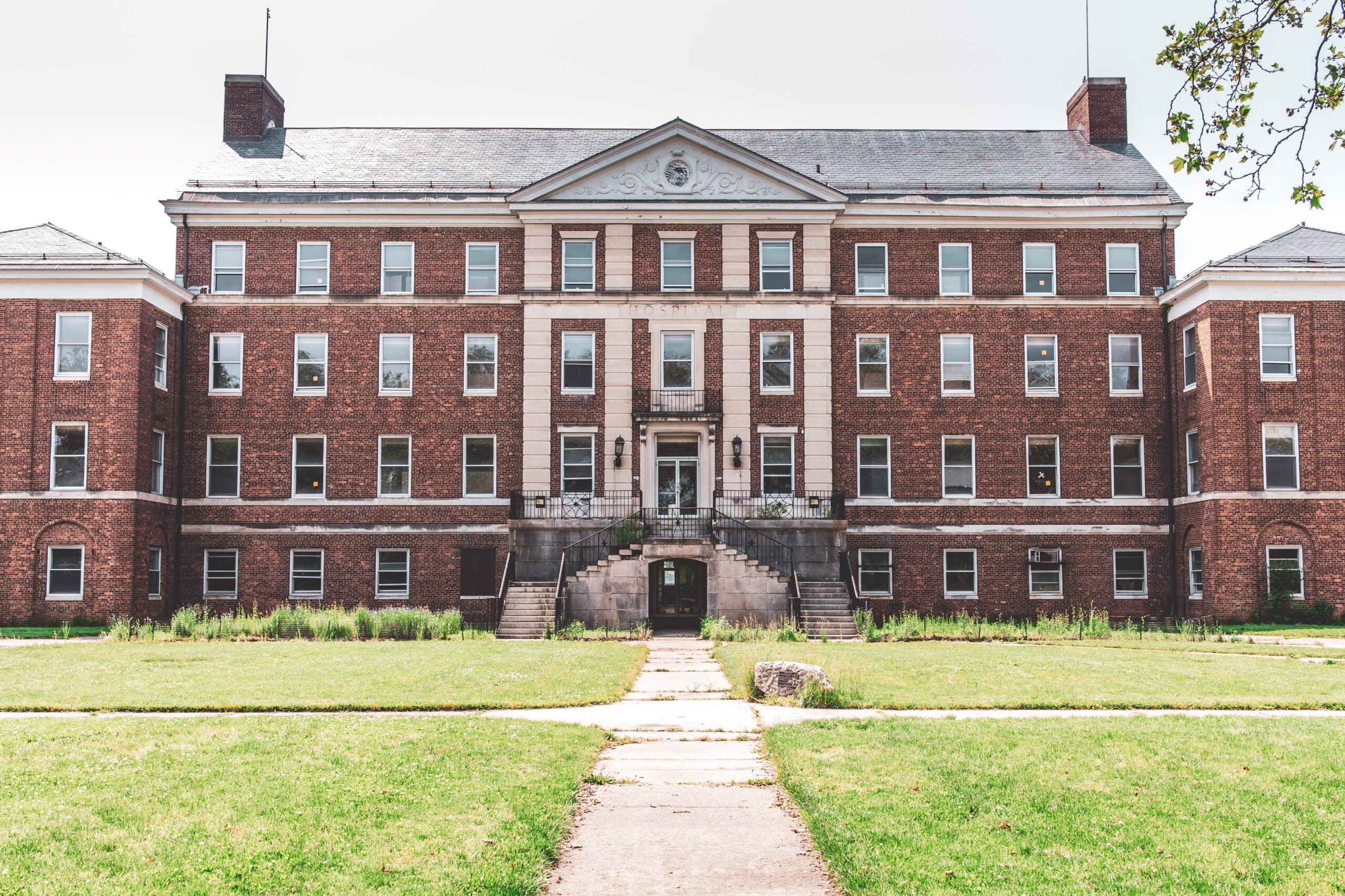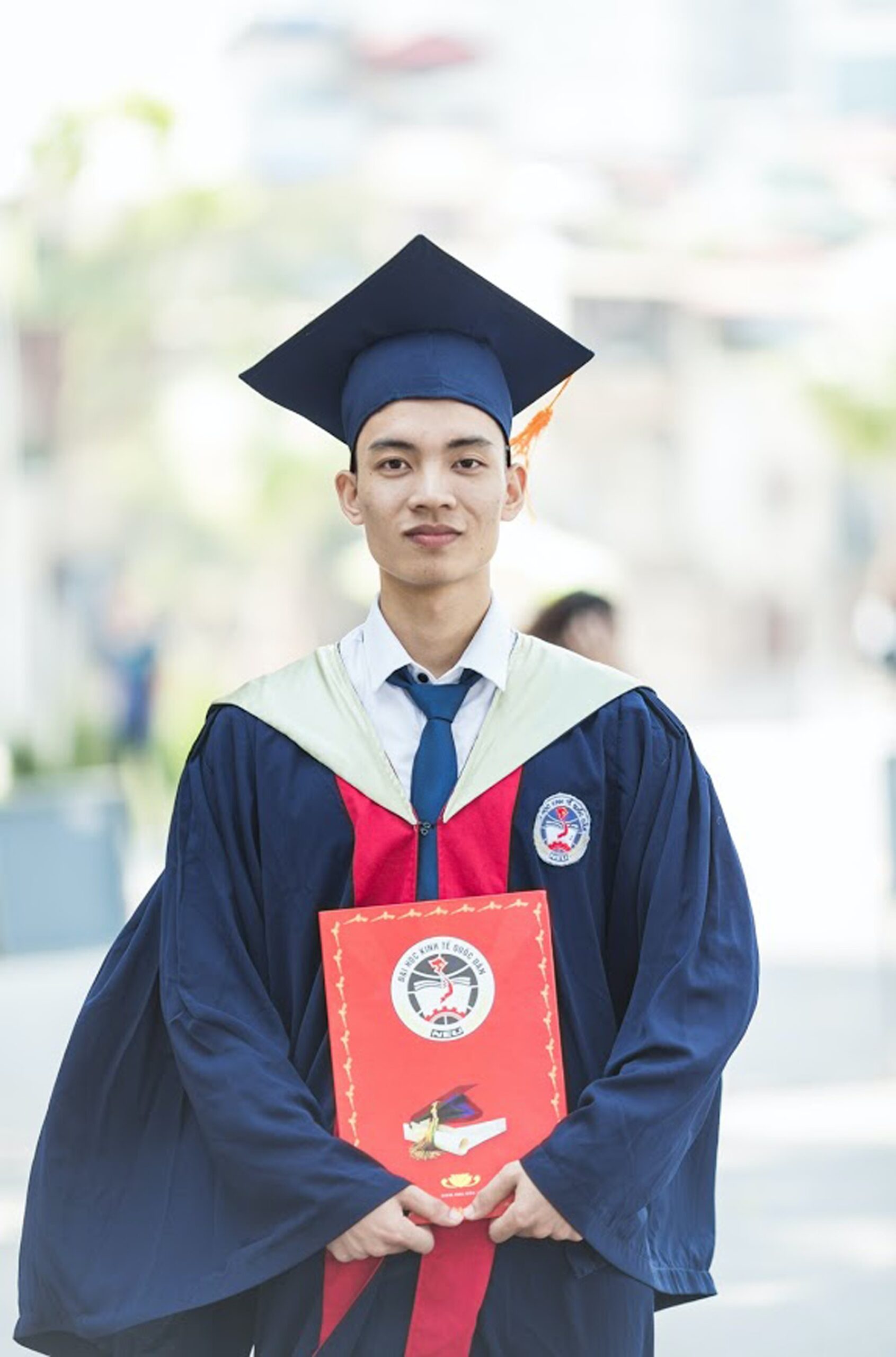University of British Columbia Rio Tinto Graduate Scholarship Program. Navigating Opportunities: UBC Rio Tinto Graduate Scholarship Program 2024/2025.
University of British Columbia Rio Tinto Graduate Scholarship Program
- Provide a brief overview of the University of British Columbia and its commitment to supporting students through scholarship programs.
- Introduce the Rio Tinto Graduate Scholarship and its significance in fostering academic excellence and research.
I. Background of UBC and Rio Tinto Partnership:
- Discuss the collaboration between UBC and Rio Tinto, emphasizing their shared commitment to education, research, and community development.
- Highlight any previous achievements or impacts of the partnership on academic initiatives.
II. Overview of the Rio Tinto Graduate Scholarship Program:
- Detail the objectives and goals of the Rio Tinto Graduate Scholarship Program, emphasizing its focus areas and the impact it aims to achieve.
- Provide insights into the history of the program, including any notable alumni or research projects supported by the scholarship.
III. Eligibility Criteria:
- Break down the specific eligibility requirements for applicants, including academic qualifications, field of study, and any other criteria set by the scholarship program.
- Discuss the importance of aligning with the scholarship’s focus areas and how applicants can demonstrate their eligibility.
IV. Application Process:
- Walk readers through the steps involved in applying for the Rio Tinto Graduate Scholarship. Include details about the application form, required documents, and any additional materials applicants need to submit.
- Highlight any deadlines and emphasize the importance of adhering to the application timeline.
V. Selection Criteria:
- Explore the factors that the selection committee considers when evaluating applications. This may include academic achievements, research proposals, leadership qualities, and the potential impact of the candidate’s work.
- Discuss how applicants can tailor their applications to align with the selection criteria.
VI. Scholarship Benefits:
- Detail the benefits offered by the Rio Tinto Graduate Scholarship, including financial support, research opportunities, and any additional perks or resources provided to recipients.
- Showcase how the scholarship contributes to the overall academic and professional development of graduate students.
VII. Alumni Success Stories:
- Share success stories of past scholarship recipients who have made significant contributions to their respective fields.
- Highlight how the scholarship has played a role in shaping the careers of these individuals and contributing to their research endeavors.
VIII. Impact on Research and Innovation:
- Discuss the broader impact of the Rio Tinto Graduate Scholarship Program on research and innovation at UBC.
- Explore how the scholarship contributes to advancements in various fields and enhances the university’s reputation as a hub for cutting-edge research.
IX. Future Prospects and Sustainability:
- Discuss the sustainability of the scholarship program and any plans for its continuation in the future.
- Explore potential expansions or improvements to ensure the long-term impact of the program.
Does University Of British Columbia Offer Full Scholarships For International Students?
The University of British Columbia (UBC) offers a variety of scholarships for international students, but it’s not common for them to cover the full cost of tuition and living expenses.
Here’s a breakdown of UBC’s scholarship options for international students:
Merit-based scholarships:
- International Major Entrance Scholarships (IMES): Awarded to exceptional international students entering undergraduate programs, covering up to $35,000 per year for up to four years.
- Outstanding International Student Award (OIS): A one-time award of $10,000 for exceptional international students entering undergraduate programs.
- International Scholars Program: Offers various need-and-merit-based awards, including full tuition coverage and living allowances, to outstanding international students.
- Faculty-specific scholarships: Many UBC faculties offer their own merit-based scholarships for international students.
Entrance scholarships:
- International Entrance Scholarship: Awarded to a select number of new international undergraduate students with exceptional academic records, covering a portion of tuition fees.
- Vantage One: Offers need-based financial assistance to international students admitted into UBC’s Vantage College program.
Other scholarships:
- International Tuition Award: All eligible international students in research-based programs automatically receive an award of up to $3,200 towards their tuition fees.
- External scholarships: UBC students are eligible to apply for a variety of external scholarships offered by government agencies, private foundations, and other organizations.
Here are some resources to help you find scholarships at UBC:
- UBC International Scholars:
- UBC Awards and Financial Aid:
- Scholarships Canada:
It’s important to note that competition for scholarships is high, and the number of full-tuition scholarships is limited. To increase your chances of receiving scholarship funding, ensure you have strong academic credentials, demonstrate exceptional leadership or community involvement, and meet the specific requirements of each scholarship program.
I recommend researching various scholarship options and applying to as many as possible to maximize your chances of receiving financial assistance.
How Do You Qualify For Scholarships At UBC?
Qualifying for scholarships at UBC requires meeting both general and specific criteria depending on the scholarship program. Here’s a breakdown:
General criteria:
- Academic excellence: Most scholarships require a strong academic record, typically reflected in high grades (GPA) and standardized test scores (e.g., SAT, ACT).
- English language proficiency: As an international student, demonstrating English language proficiency through tests like TOEFL or IELTS is often mandatory.
- Leadership and community involvement: Engaging in extracurricular activities, leadership roles, and volunteer work showcases your initiative and well-roundedness.
- Financial need: Some scholarships consider financial need alongside merit for need-based awards.
- Meeting specific scholarship program requirements: Each scholarship program may have additional requirements related to program affiliation, specific skills or achievements, or other factors.
Here are some specific examples of qualifying criteria for popular UBC scholarships:
- International Major Entrance Scholarships (IMES): Requires a minimum GPA of 8.7 or equivalent, exceptional performance in English and mathematics, and demonstrated leadership potential.
- Outstanding International Student Award (OIS): Seeks students with a minimum GPA of 9.0 or equivalent, exceptional academic performance across all subjects, and significant extracurricular achievements.
- International Scholars Program: Looks for students with outstanding academic records, proven leadership skills, and a commitment to community service.
- International Entrance Scholarship: Requires a minimum GPA of 8.0 or equivalent and exceptional academic performance in relevant subjects.
- Vantage One: Primarily based on demonstrated financial need and potential for academic success in UBC’s Vantage College program.
To maximize your chances of qualifying for scholarships:
- Research early and thoroughly: Explore various scholarship options offered by UBC and external organizations. Start researching early to understand deadlines and specific requirements.
- Maintain a strong academic record: Prioritize your studies and strive for excellent grades in all your courses.
- Get involved in extracurricular activities: Seek leadership roles in clubs, volunteer work, or other initiatives to demonstrate your skills and commitment beyond academics.
- Highlight your unique talents and achievements: Showcase your achievements in essays, applications, and interviews to stand out from the competition.
- Meet application deadlines: Submit all required materials by the deadlines specified in each scholarship program.
Remember, scholarship applications are competitive. By demonstrating your academic excellence, leadership qualities, and dedication to community service, you can significantly increase your chances of receiving financial assistance to pursue your studies at UBC.
How Much Is The UBC International Major Entrance Scholarship?
The UBC International Major Entrance Scholarship (IMES) covers up to $35,000 per year for up to four years of undergraduate studies. This means that the scholarship can cover a significant portion of your tuition fees, but it may not cover the full cost of attendance, which includes living expenses.
Here’s a breakdown of the scholarship amount:
- Year 1: $20,000
- Year 2: $15,000
- Year 3: $10,000
- Year 4: $5,000
The actual amount awarded may vary depending on the student’s academic achievements and financial need.
In addition to the IMES, there are other scholarship options at UBC that can help international students cover the cost of attending the university. These include:
- Outstanding International Student Award (OIS): A one-time award of $10,000 for exceptional international students entering undergraduate programs.
- International Tuition Award: All eligible international students in research-based programs automatically receive an award of up to $3,200 towards their tuition fees.
- Faculty-specific scholarships: Many UBC faculties offer their own merit-based scholarships for international students.
It’s important to note that competition for scholarships is high, and the number of full-tuition scholarships is limited.
What Is The Cheapest University In British Columbia For International Students?
The cheapest university in British Columbia for international students depends on several factors, including your chosen program, scholarship opportunities, and living expenses. However, here’s a general overview of the most affordable options:
Public Universities:
- University of Northern British Columbia (UNBC): Known for its unique fee structure, UNBC offers some of the lowest tuition fees for international students in British Columbia. Average tuition for undergraduate programs ranges from CAD $15,000 to CAD $20,000 per year.
- Thompson Rivers University (TRU): Offers relatively affordable tuition fees for a wide variety of undergraduate and graduate programs. Average tuition for international students starts around CAD $16,000 per year.
- University of the Fraser Valley (UFV): Provides a cost-effective option for international students, with average tuition fees ranging from CAD $17,000 to CAD $21,000 per year for undergraduate programs.
- Simon Fraser University (SFU): Though not the cheapest option, SFU offers competitive tuition fees compared to other large universities in BC. Average tuition for international students ranges from CAD $20,000 to CAD $25,000 per year.
Colleges and Institutes:
- Camosun College: Offers affordable diploma and certificate programs in various fields, with average tuition fees starting at around CAD $12,000 per year for international students.
- Langara College: Provides affordable options for international students seeking associate degrees or diploma programs, with average tuition fees starting at around CAD $13,000 per year.
- Okanagan College: Offers a diverse range of certificate, diploma, and degree programs with varying tuition fees. International student tuition generally starts around CAD $14,000 per year.
Additional Factors to Consider:
- Program-specific fees: Some programs, like engineering or medicine, may have additional fees on top of general tuition.
- Living expenses: The cost of living in different cities where these universities are located can vary significantly. Consider housing, transportation, and other living costs when comparing affordability.
- Scholarships and financial aid: Many universities offer scholarships and financial aid programs specifically for international students. These can significantly reduce your overall expenses.
Resources for Further Research:
- BC Council on Admissions and Transfer: https://www.bctransferguide.ca/
- Universities Canada: https://www.univcan.ca/universities/
- Government of Canada website on studying in Canada: https://www.canada.ca/en/immigration-refugees-citizenship/services/study-canada.html
Ultimately, the best way to determine the cheapest university for you is to research specific programs, compare tuition fees and living expenses, and explore scholarship opportunities available at each institution.
X. Conclusion:
- Summarize the key points discussed in the article, emphasizing the significance of the Rio Tinto Graduate Scholarship Program in supporting graduate education and research at UBC.
- Encourage prospective applicants to explore the opportunities provided by the scholarship and express enthusiasm for the continued success of the program.






